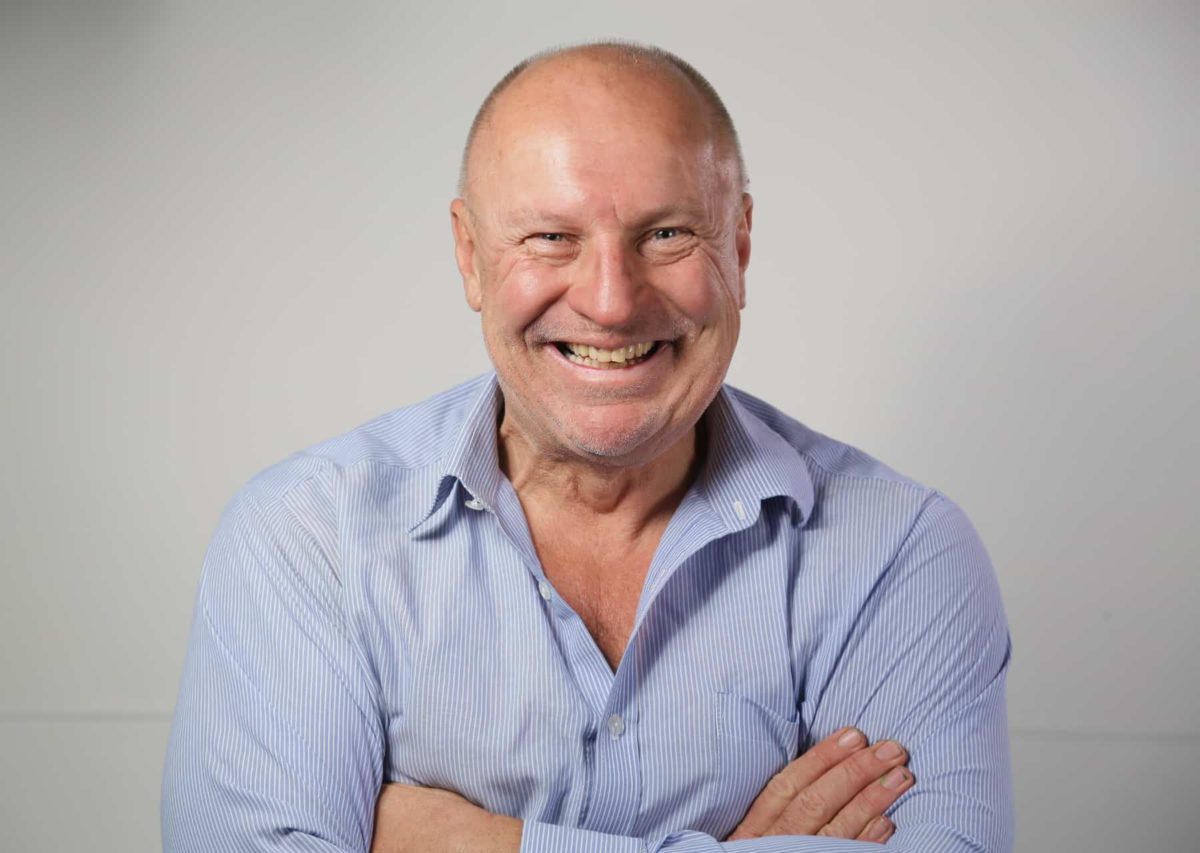Introduction: The Dichotomy of Marketing Theories
In a world increasingly driven by data and algorithms, the role of human emotion in decision-making is often overlooked. Mark Ritson, a voice of reason in the cacophony of marketing theories, recently took a sledgehammer to the Ehrenberg-Bass theory of distinctiveness versus differentiation. His argument? It’s not science; it’s ideology. And he’s got a point.
Article https://www.mi-3.com.au/30-08-2023/dont-call-it-science-call-it-what-it-really-consulting-dogma-ideology-mark-ritson-why

The Ehrenberg-Bass Theory: A Flawed Foundation
The Ehrenberg-Bass theory, a darling of many marketing seminars, posits that consumers are rational beings always on the hunt for value. But let’s face it, if we were all so rational, half of us wouldn’t be reaching for that extra slice of chocolate cake or binge-watching Netflix when there’s work to be done.
The Ritson Perspective: The Need for Emotional Intelligence in Marketing and Customer Connection
Ritson argues that this theory is fundamentally flawed because it ignores the emotional, often irrational, aspects of human behaviour. He goes a step further to say that distinctiveness alone won’t cut it. Brands need to be both distinctive and differentiated. Distinctiveness makes you stand out, but differentiation makes you matter.
The AI Debate: Scott Galloway’s Automation Prediction
On the flip side, Scott Galloway predicts that the rise of AI could render the role of the CMO obsolete. AI can automate tasks, target marketing messages, and even predict consumer behaviour to some extent. But here’s the kicker: AI lacks the emotional intelligence to understand the nuances of human behaviour fully.
A Personal Anecdote: The Cronulla Sharks Strategy Shift
In my time at the Cronulla Sharks Football Club, we faced a similar conundrum. Fans would arrive just 20 minutes before kick-off, causing congestion and dissatisfaction. Despite investing in more bars and food outlets, we found that fans were still arriving late, having pre-gamed at cheaper local bars. The solution? As part of a strategy, we introduced pre-game, low-cost toasted cheese sandwiches, attracting families to arrive earlier, reducing queues by up to 50%, and increasing overall satisfaction (#1 NPS NRL Game Day Experience).
The Future of Marketing: A Harmonious Blend of Data and Emotional Intelligence.
AI will impact the role of the CMO, as it will every role. But let’s not forget that innovation often comes from a unique, lateral bridging of divergent concepts. Data can identify trends, but it can’t dream. It can’t feel the pulse of the consumer or create a narrative that tugs at the heartstrings. That’s where the CMO comes in, blending data-driven insights with human intuition to create something extraordinary.
Conclusion: The Best of Both Worlds
Ritson and Galloway offer contrasting views, but perhaps the future lies in a blend of both. AI will make our jobs easier, but it won’t replace the need for emotional intelligence and strategic leadership. As Ritson rightly points out, brands need to focus on building strong emotional connections with consumers. And that’s something no algorithm can replicate.
📝 Key Takeaways:
- The False Dichotomy: Mark Ritson argues that brands don’t have to choose between distinctiveness and differentiation. They need both to truly succeed. It’s not an either-or situation; it’s a harmonious blend.
- Simplicity is Key: Ritson advises marketers to massively strip back their approach to brand positioning. Choose one concept and two or three key brand attributes. Then, go to market with a clear, simple message and stick with it for years.
- Cut the Bull: While Ritson appreciates Byron Sharp’s “How Brands Grow” for cutting through marketing fluff, he criticises the Ehrenberg-Bass Institute for being swayed by commercial agendas. He says, “Don’t call it science, call it what it really is: consulting, dogma, ideology.”
- The Genius of Consistency: Tourism Australia CMO Susan Coghill earns Ritson’s praise for her consistent approach. Her follow-up campaign for next year? The same as this year’s, because “she knows what the f**k she is doing.”
- Back to Basics: Ritson’s research indicates that two-thirds of marketers don’t even know who their target audience is. He urges them to focus on three key attributes and hammer those messages across as many channels as possible, for as long as possible.
Your Turn: Join the Conversation
What are your thoughts on the balance between data and emotion in marketing?
